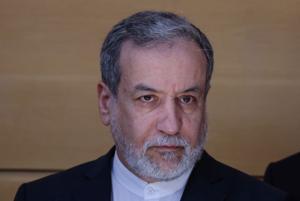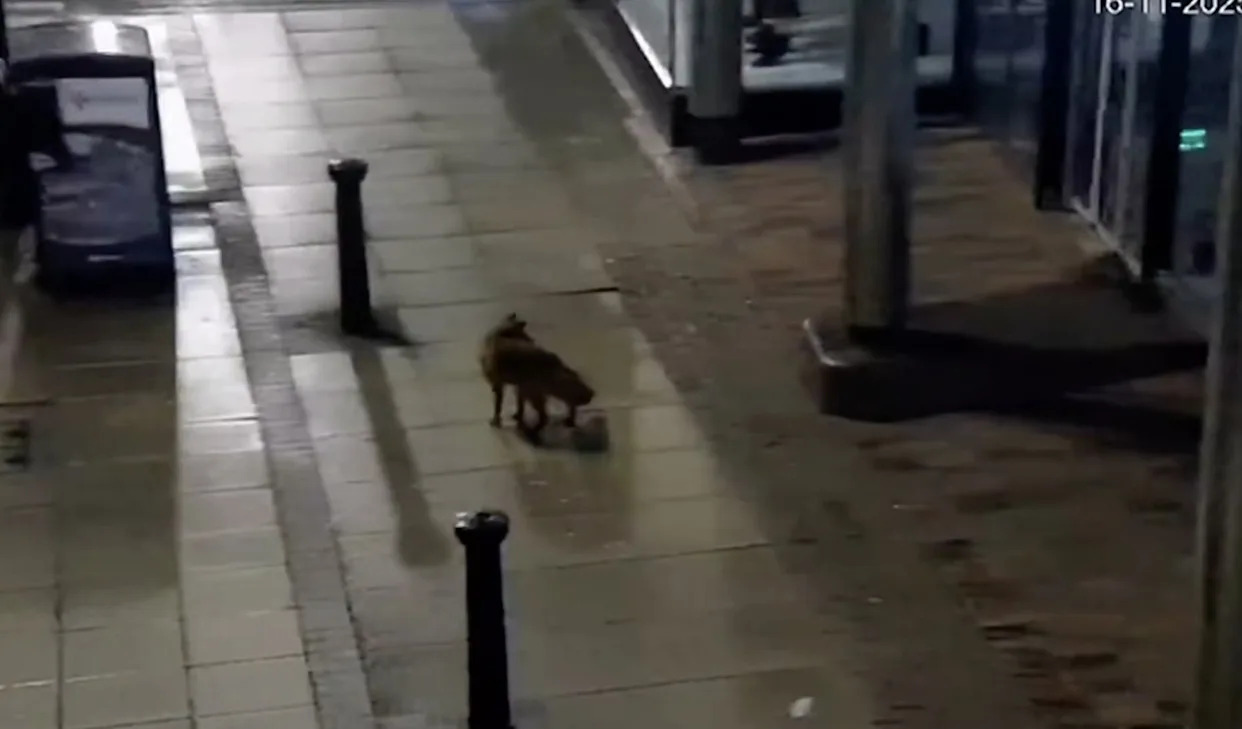
The United States’ recent airstrike on Iran’s Fordow nuclear facility has “seriously and heavily damaged” the site, according to Iranian Foreign Minister Abbas Araqchi. In an exclusive interview with CBS News, Araqchi detailed the extent of the damage, marking a significant escalation in tensions between the two nations.
The Fordow nuclear site, located near the city of Qom, is a key component of Iran’s nuclear program. The attack has not only heightened diplomatic strains but also raised concerns over the potential for further conflict in the region.
Background on the Fordow Facility
Fordow has long been a focal point in the international debate over Iran’s nuclear ambitions. Originally kept secret, the site was revealed to the world in 2009, prompting global scrutiny. Its underground location, fortified to withstand attacks, underscores its strategic importance to Iran’s nuclear infrastructure.
The facility is primarily used for uranium enrichment, a process that can produce fuel for nuclear reactors or, if further enriched, material for nuclear weapons. The international community, particularly the United States and its allies, has expressed ongoing concerns about Iran’s intentions regarding its nuclear program.
International Reactions and Implications
The bombing of Fordow has elicited strong reactions from the global community. The United Nations has called for restraint, urging both nations to engage in dialogue to prevent further escalation. European nations, signatories of the 2015 nuclear deal, have expressed alarm over the potential collapse of diplomatic efforts to contain Iran’s nuclear activities.
“This attack not only endangers regional stability but also undermines years of diplomatic efforts,” said a spokesperson for the European Union.
Meanwhile, the United States has defended its actions as a necessary measure to prevent Iran from advancing its nuclear capabilities. The Pentagon has yet to release detailed information about the operation, citing security concerns.
Expert Opinions and Historical Context
Experts are divided on the long-term implications of the airstrike. Some analysts argue that the attack could serve as a deterrent, forcing Iran to reconsider its nuclear strategy. Others warn that it might provoke retaliatory actions, potentially leading to a broader conflict.
Historically, tensions between the U.S. and Iran have been marked by cycles of confrontation and negotiation. The 2015 Joint Comprehensive Plan of Action (JCPOA) was a landmark agreement aimed at curbing Iran’s nuclear program in exchange for sanctions relief. However, the U.S. withdrawal from the deal in 2018 has led to increased hostilities.
“The bombing of Fordow represents a significant shift in U.S. policy, moving from diplomatic pressure to military action,”
noted Dr. Emily Thompson, a Middle East policy expert.
Looking Ahead: Potential Consequences
The attack on Fordow could have far-reaching consequences for the Middle East and beyond. If Iran chooses to retaliate, it could destabilize an already volatile region. Additionally, the incident may complicate efforts to revive the JCPOA, with both sides hardening their positions.
For now, the international community watches closely, hoping for a de-escalation of tensions. Diplomatic channels remain open, but the path forward is fraught with challenges. The coming weeks will be critical in determining whether this incident will lead to renewed negotiations or further conflict.
As the situation develops, the world remains on edge, aware that the stakes are high and the potential for miscalculation is significant.






